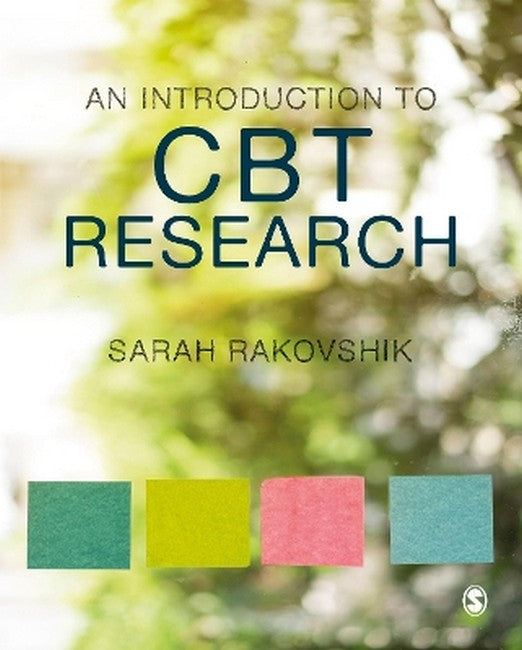Introduction Part I: Why does research matter in CBT? Chapter 1: What is research and why do we bother? Chapter 2: Why evidence matters: the research-practice gap Part II: What do I need to know to understand research? Chapter 3: Different approaches to evidence Chapter 4: Common forms of research in CBT Chapter 5: The role of statistics Part III: How can I use existing research? Chapter 6: Finding relevant research Chapter 7: Evaluating evidence Part IV: How do I conduct my own research? Chapter 8: Research question(s) and research design: Direction, route & destination Chapter 9: Getting the recipe right before you start: Ingredients & method Chapter 10: Ethical issues in research Chapter 11: The data collection phase Chapter 12: The data analysis phase Chapter 13: Disseminating your research
Request Academic Copy
Please copy the ISBN for submitting review copy form
Description
This is the book for you if you want an excellent and readable guide that will support you in making sense of research in the context of Psychotherapy in general and Cognitive-Behavioural Therapies in particular. It also enables the reader to understand how to undertake the process of carrying out and disseminating their own research in psychological interventions. The skillful blend of central principles with illustrative examples provides clarity without oversimplification. The author has carefully crafted the narrative and presentation of material to ensure that it is practical and relevant whilst building to an accurate and sophisticated understanding of clinically applicable research. This is achieved through a crystal clear explanation of the fundamental principles of the entire range of research and how these can be applied to improve CBT practice and therefore to benefit those seeking help. -- Paul Salkovskis

